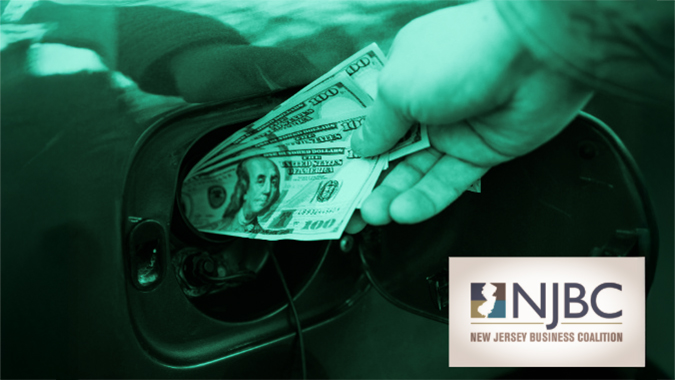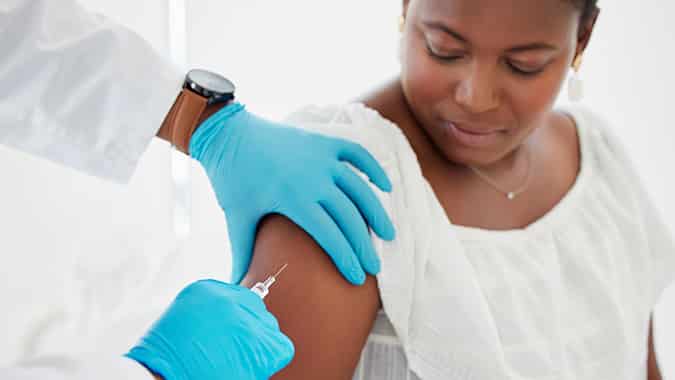Childcare centers are essential to working parents and New Jersey’s economy, but the costs to comply with COVID-19 safety mandates and the loss of students to universal pre-K classes in public school districts jeopardizes the industry’s future.
That was the message delivered by Gigi Schweikert of Early Childhood Education Advocates Inc., during the New Jersey Business Coalition’s recent online town hall. Schweikert is also a bestselling early childhood education author and president of Lightbridge Academy, which operates 37 childcare centers in New Jersey.
“We cannot have an economy in New Jersey, without childcare,” Schweikert said. “Childcare is crucial to the economic regrowth of New Jersey so that parents can go back to work — whether that work is from home or that work is from an office.”
According to research conducted in December by the nonprofit National Association for the Education of Young Children, 82% of childcare centers and family childcare homes in New Jersey are currently losing money, Schweikert said. Centers are struggling to pay for COVID-19 personal protective equipment (PPE) and the higher labor costs associated with the state’s COVID-19 mandates affecting their operations.
Childcare centers need more state grants for PPE supplies and higher wages, Schweikert said. And with so many public school districts currently opting for online virtual classrooms, instead of opening their buildings for in-person learning, working parents need state subsidies to afford care for their school-age children so that they can better balance the demands of working and teaching children, she said.
The second major threat to the long-term survival of the childcare industry in New Jersey is universal pre-K, also known as UPK, Schweikert said.
“UPK is a New Jersey initiative to provide public school to children 3 and 4 years of age in selected districts with the goal of eventually serving the entire state,” she said. “We too believe 3- and 4-year-old children should have access to quality care and education, but through the current private educational childcare centers that are available in the state, and not necessarily through the public school system.”
Subsidies for UPK should be provided through the state childcare resource and referral systems and agencies to ensure the most vulnerable children, no matter where they live, can attend UPK classes in private centers, Schweikert said.
“Use the current private infrastructure of quality educational childcare programs that are available to subsidize those children who cannot afford preschool,” Schweikert said. “In this way, young children are served and childcare businesses are supported.”
The New Jersey Business Coalition’s “State of New Jersey Business” online town hall provided an opportunity for business owners and coalition members to discuss the current and future needs of the business community. More than 150 people attended the virtual event on Jan. 11, including a dozen state legislators and administration officials who were also on the call.
Go here to watch Schweikert’s entire presentation or click on the video below.



